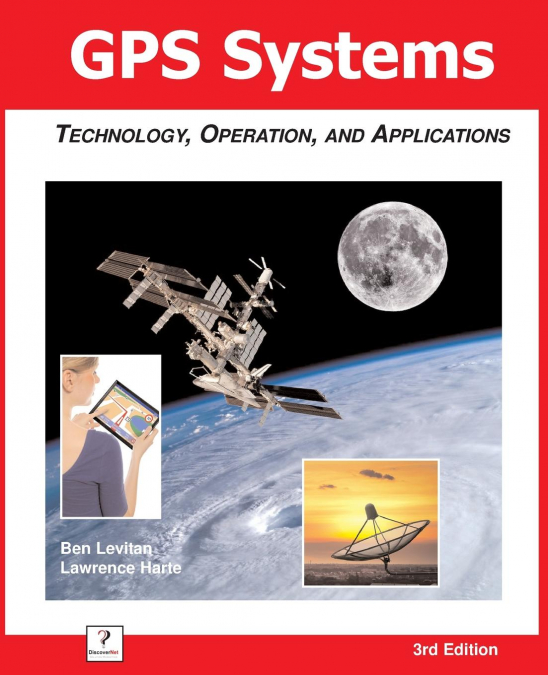
 Librería Perelló (Valencia)
Librería Perelló (Valencia)
 Librería Aciertas (Toledo)
Librería Aciertas (Toledo)
 El AlmaZen del Alquimista (Sevilla)
El AlmaZen del Alquimista (Sevilla)
 Librería Elías (Asturias)
Librería Elías (Asturias)
 Librería Kolima (Madrid)
Librería Kolima (Madrid)
 Donde los libros
Donde los libros
 Librería Proteo (Málaga)
Librería Proteo (Málaga)
This book covers satellite position location technology and how the GPS system has evolved. You will learn the functional parts of GPS systems, how they work together to provide position measurements that are accurate to within centimeters. The operation of GPS is described including satellite acquisition, signal reception, and pseudo-ranging. Discover how time reference and error correction data is used and why it is very important to provide precise satellite positioning. Global Positioning System is a navigation system that uses satellites to act as reference points for the calculation of position location. You will learn how GPS devices can use other systems or devices to provide location services when there is a temporary loss of a satellite links. Explained are the multiple types of civilian and military codes used in the GPS system and how they provide different levels of accuracy and reliability. GPS radio technology is described including the frequencies GPS uses, modulation and power levels. You will learn about the many applications that use GPS technology including mapping, location monitoring, agriculture control, navigation, navigation warfare (NAVWAR), surveying and structural deformation monitoring. Learn how GPS is used in combination with other position detection systems such as laser ranging to provide 3 dimensional charts and maps. The sources of GPS errors are explained such as orbital position errors and variation in radio propagation. You will learn ways to minimize the errors. such as receiver initialization, RTK and differential GPS (D-GPS). A brief description if the interface and data format standards is provided. This Book Provides: • Descriptions of the Functional Parts of the GPS System • How the GPS System Works • Key GPS Applications • GPS Signal Availability and Reception • GPS Radio Technology • GPS Codes, their Accuracy and Uses • GPS Data Formats • Sources of GPS errors and ways to Correct it. • Real Time Kinematic (RTK) GPS • Differential GPS • Terrestrial Based Positioning Systems • Upcoming Changes to the GPS System 3